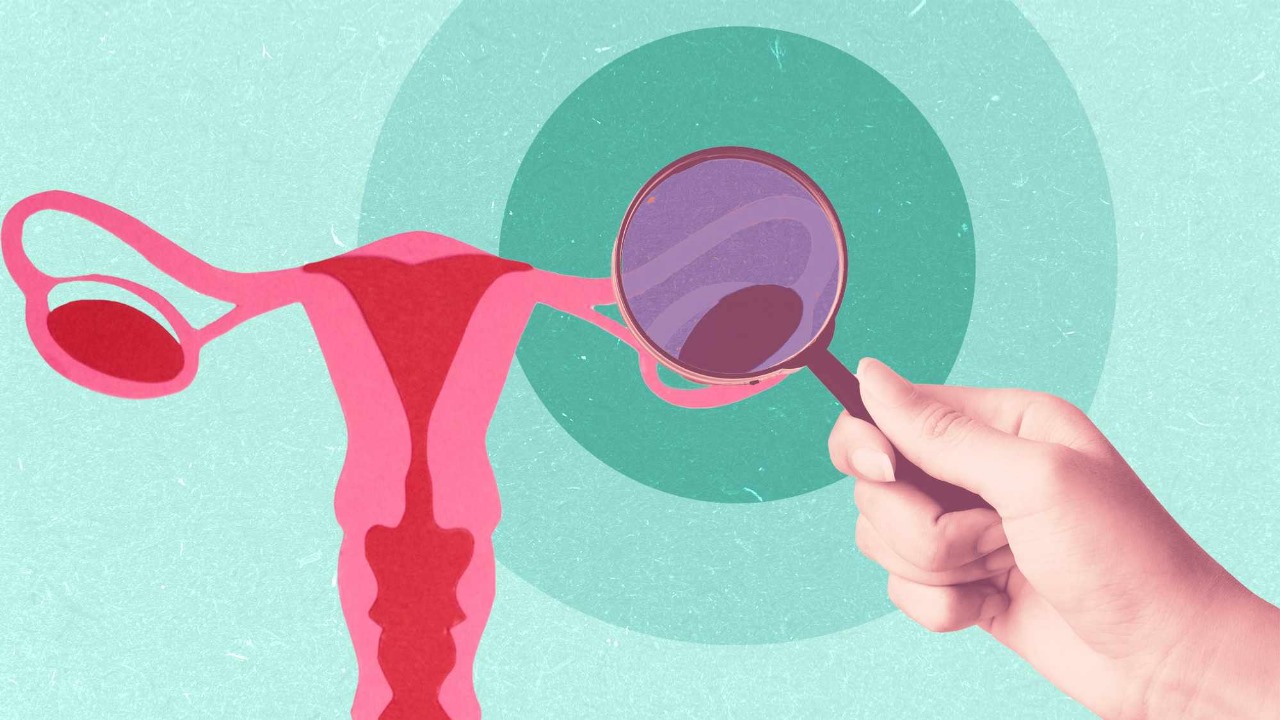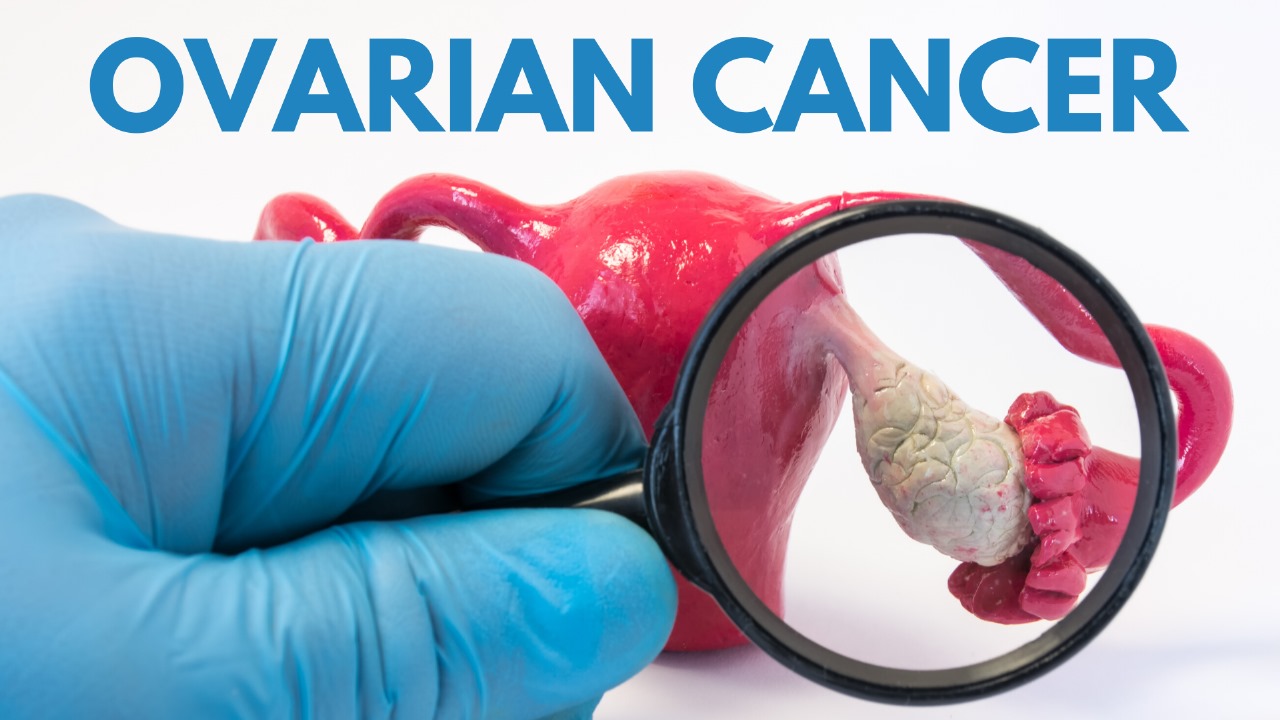
Dr. Waseem Abbas
Cancer Treatment Specialist
Director Research, Max Hospital, Shalimar Bagh
How to contact me
Max Superciality Hospital, FC 50, C and D Block, Shalimar Place Site, Shalimar Bagh, New Delhi, Delhi 110088
Phone: +91 98112 42729
Email: drabbasdoc@gmail.com
Search this website
Common Cancers in India
Get a free E-consultation about lung cancer immunotherapy in Delhi
Ovarian Cancer Specialist in Delhi – Ovarian cancer treatment in Delhi – Patient resources

Cancer occurs when cells in an area of the body grow abnormally. Ovarian cancer is the seventh most common cancer among women. There are three types of ovarian cancer:
Epithelial ovarian cancer: is the most common and accounts for 85 % to 89 % of ovarian cancers. It forms on the surface of the ovary in the epithelial cells.
Germ cell ovarian cancer: is an uncommon form of ovarian cancer, accounting for only about 5 % of ovarian cancers.Germ cell cancers start in the cells that form the eggs in the ovaries. This cancer is usually found in adolescent girls and young women, and usually affects only one ovary. Please visit the
Women’s Cancer Network
Stromal cell ovarian cancer: starts in the cells that produce female hormones and hold the ovarian tissues together. Familial breast-ovarian cancer syndrome is a common inherited condition that causes 10 % of all ovarian cancers and 5–10 % of all breast cancers. Research confirms that there is a link between breast and ovarian cancer Any woman who has had one of these cancers is at a higher risk for developing the other.
Symptoms of Ovarian Cancer
- Bloating
- Pelvic or abdominal
- pain
- Difficulty eating or
- feeling full quickly
- symptoms (urgency or frequency).
- Loss of weight

Women who have these symptoms almost daily for more than a few weeks should see their doctor, Prompt medical evaluation may lead to detection at the earliest possible stage of the disease. Early stage diagnosis is associated with an improved prognosis.
Ovarian Cancer Is Grouped Into Four Stages.
Stage I : The cancer is found in one or both ovaries. Cancer cells also may be found on the surface of the ovaries or in fluid collected from the abdomen.
Stage II : The cancer has spread from one or both ovaries to other tissues in the pelvis, such as the fallopian tubes or uterus. Cancer cells may also be found in fluid collected from the abdomen.
Stage III : The cancer has spread outside the pelvis or nearby lymph nodes. Most commonly the cancer spreads to the omentum (an apron of fatty tissue that hangs down from the colon and stomach, diaphragm, intestine and the outside (surface) of the liver.
Stage IV : The cancer has spread to tissues outside the abdomen and pelvis. Most commonly to the space around the lungs. If the cancer spreads inside the liver or spleen, it is considered stage IV.
What is Familial or Hereditary Breast Ovarian Cancer Syndrome ?

Familial breast-ovarian cancer syndrome is a common inherited condition that causes 10 % of all ovarian cancers and 5–10 percent of all breast cancers. Research confirms that there is a link between breast and ovarian cancer Any woman who has had one of these cancers is at a higher risk for developing the other.
Should I get a biopsy for my ovarian cancer?
Not always! Biopsy of ovarian cancer can lead to spread of cancer in some cases. Thus, in many cases, biopsy of ovarian cancer is inappropriate and it is better to go directly for surgery. This is especially true for early stage cancer (Stage 1-2).
However, in many cases, a biopsy is needed, especially if the diagnosis is in doubt or if patient has advanced stage disease (stage 3-4) which is not suitable for upfront surgery.
Is stage 3 or stage 4 ovarian cancer curable?
Yes! Ovarian cancer is potentially curable at all stages. Even stage 4 ovarian cancer is potentially curable. Thus, upfront treatment of ovarian cancer should always be done with permanent cure as the objective.
What is the best treatment for Ovarian cancer in Delhi and the world?
In general, ovarian cancer is treated with a combination of:
Surgery – to remove the cancer from the body
Systemic therapy – including chemotherapy and targeted therapy to kill cancer cells
The same treatment is offered in Delhi ncr and in the best international centers worldwide. An expert internationally certified medical oncologist can help you decide on the appropriate treatment in each case.
